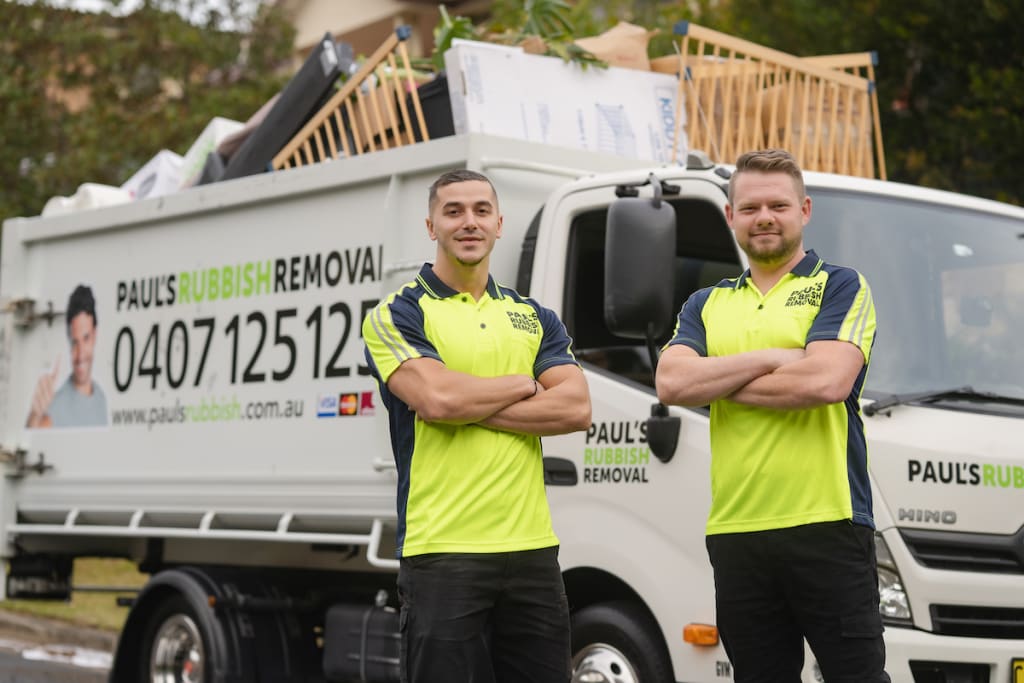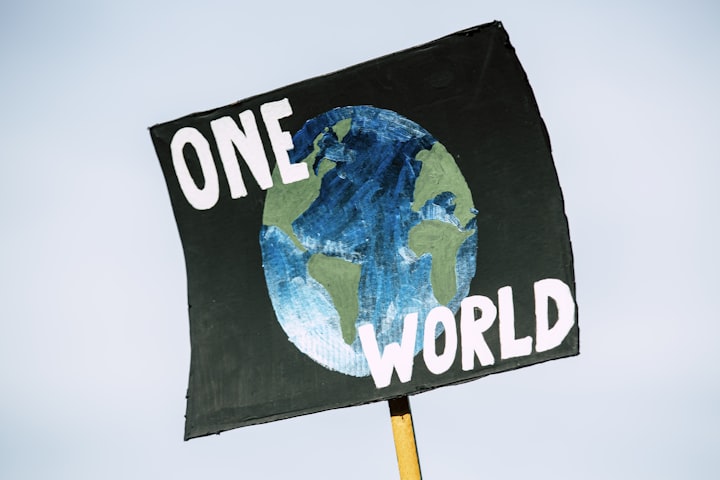Items You Should Never Throw Into Your Recycling Bin
Unsure what not and what to throw into your recycling bin? We explore all commonly disposed items here.

We all feel it’s best to recycle anything whenever we can, even when we aren’t sure if something is recyclable. It’s common to throw all your waste bottles, plastics, garden waste, and household rubbish into recycling bins, thinking that the collectors will find a way to recycle them anyway.
That is called wishcycling, and it can harm the recycling industry by contaminating bins with non-recyclable materials. To keep the recycling system healthy, you must leave the bad stuff out and the good things into yellow (recycling) bins.
We brought together common items you should never throw into your recycling bins.
Read on to find out which residential and commercial rubbish cannot be recycled and should be disposed of through other means.
Plastic Wraps & Bags
Many recycling facilities accept plastic bags and wrap – just not through your kerbside recycling bin! Leave them out of recycling bins and send them through store drop-off locations that accept plastic bags.
We also recommend asking your kerbside collector if they recycle plastic bags. When processed in many recycling facilities, this junk gets wrapped on equipment, and workers have to manually cut out the bags, then landfill the lot.
That puts recycling employees in danger. So it’s best to put them in store drop-off collection bins.
Bagged Recyclables
Many households start a recycling initiative, only to find out they’re bagging recyclable items in a non-recyclable plastic bag. Since recycling systems have to operate efficiently, they won’t have the time to remove the contents and segregate the wrappers from the recyclables – so they landfill the entire lot.
In other words, you’re wasting your recycling efforts by bagging recyclables. If you want to keep things organised, consider putting them in an open paper bag so they tumble out of it by the time they reach the recycling facility.
Otherwise, it’s OK to put them directly in the recycling bin.
Anything that Tangles Around
If the rubbish is stringy and can wrap around in a knot, don’t recycle it. Our rubbish removalists call them tanglers and are frowned upon in recycling facilities.
That’s because tanglers can snag around equipment and cause unnecessary downtimes as workers have to cut them out of the machines. Tanglers include power cords, headphones, hoses, wires, christmas lights, and chains, among others.
Hazardous Materials
Never leave paint, motor oil, fuel, medical waste, and chemicals in recycling bins. These materials, including their packaging, can be harmful to recycling plant workers and cannot be processed with other materials.
We highly recommend seeking professional help to eliminate hazardous materials. It’s crucial to handle them carefully and avoid health and safety hazards.
All Types of Batteries
Batteries should be disposed of via hazardous waste collection points, not through your kerbside bin. That’s because batteries pose a Class B fire hazard and can ignite when pierced or shredded on general recycling facilities.
Keep lead acid, lithium-ion, and other batteries out from your kerbside recycling bins. Put them in a special battery bin to dispose of at your local battery waste collection points.
Diapers
Used baby diapers are terrible for recycling and can severely contaminate recycling facilities. If you’re a buyer of recycled materials, you don’t want organic waste and faeces smooshing up against dry cardboard boxes.
Clean diapers are not recyclable either, since they are made of several woven materials and can be challenging to break down into useful raw materials.
Electronics
It may sound counterintuitive, but appliances and electronics should be left out of recycling bins. Old but working phones, electronics, and should be donated to your local charity.
But if donating isn’t an option, consider a e-waste removal specialist to have them send it off to a specialised drop-off location. Electronics and e-waste have a distinct recycling stream since they contain valuable elements and specialised materials that require chemical and physical treatments to isolate raw materials from the junk.
Food Waste
Organic waste, such as leftover food, should be composted instead of recycled. If you don’t have a backyard compost pit, you can send it to a community composting program.
Never put food and food residue into the recycling bin. If the food packaging is recyclable, you should rinse it off to minimise contamination to recyclers.
Propane Gas Cylinders
You should return empty propane cylinders to where you purchased them or swap them off when buying a full cylinder. Most propane gas cylinders are refilled in certified refilling facilities, and may cause a big headache in the recycling plant.
Recyclers consider gas cylinders hazardous waste and should be sent off to household hazardous waste collection for recycling.
Clothing and Textiles
Clothes and textiles can be recycled in specialised facilities, but not through kerbside bins. The recycling facilities that collect yellow kerbside bins cannot process clothing and textile for recycling.
Another great way to repurpose old clothes and textiles is by donating them to your local charity.
Ceramics
Broken dishes, pottery, and other ceramics are not recyclable due to their composition. We recommend putting them along with your household waste for landfilling or donating usable ceramics to your local charity or neighbours.
Wood
Many Aussies think popsicle sticks, planks, or furniture packaging are recyclable – but they’re not. Wood is disposed of in composts and other wood items are used in local non-profits as materials for DIY projects and charcoal, depending on the wood type and size.
About the Creator
Paul's Rubbish Removal Sydney
Paul's Rubbish Removal Sydney is a local rubbish removal company specialising in fast same-day junk collection. We provide educational content about recycling, sustainability and environmental topics. Follow our official blog for more.






Comments
There are no comments for this story
Be the first to respond and start the conversation.